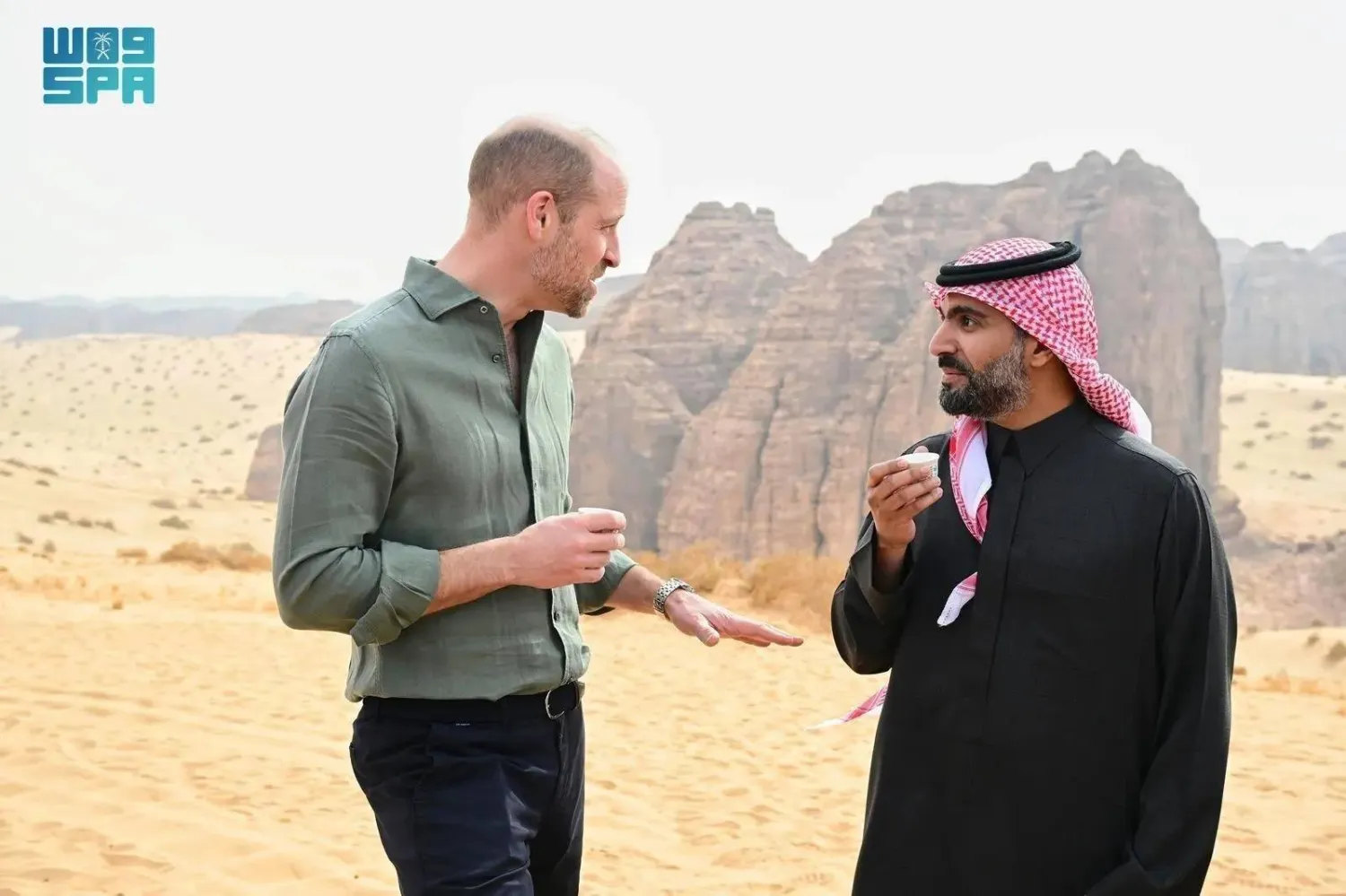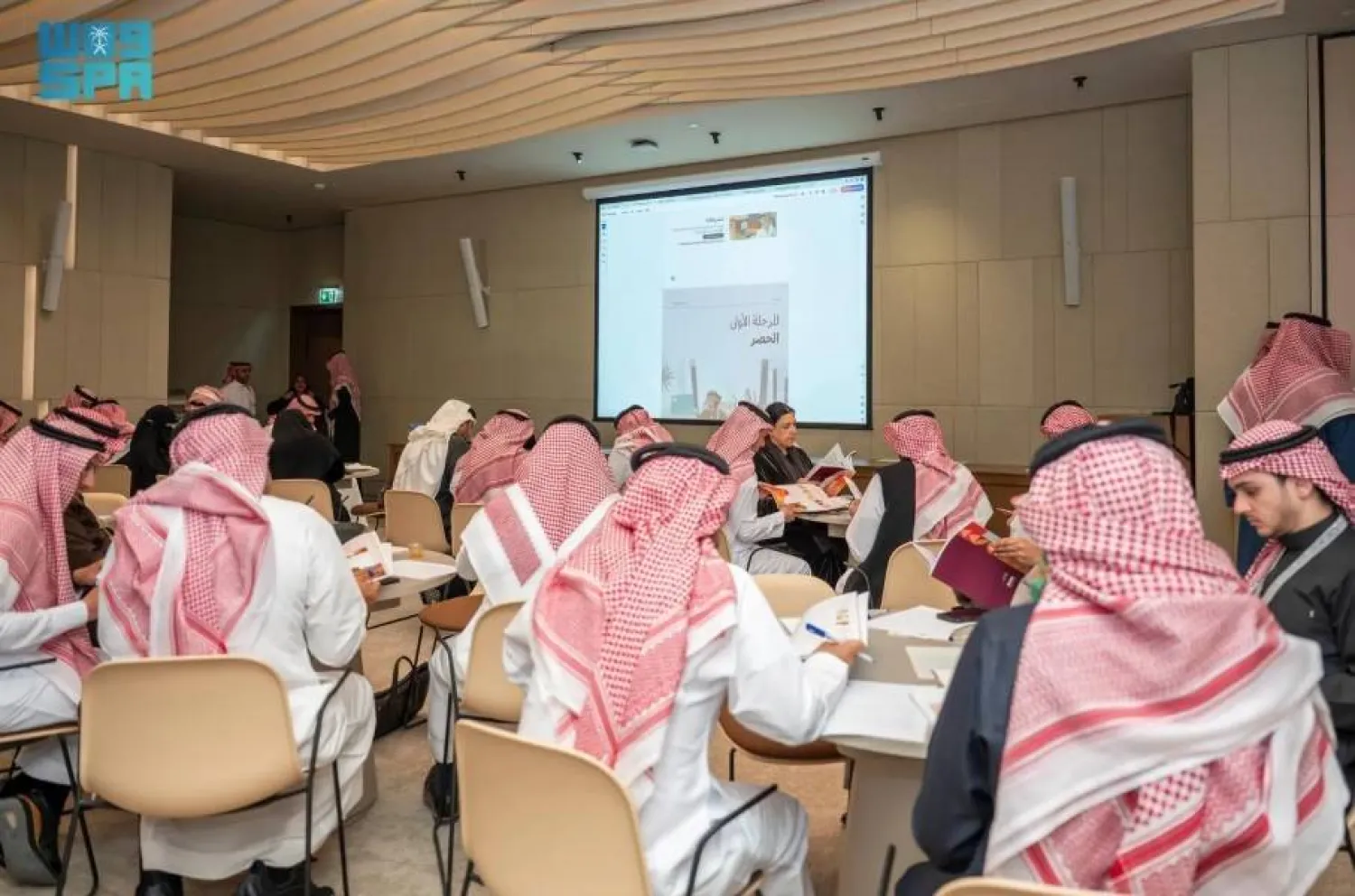Saudi Arabia’s Heritage Commission announced the discovery and documentation of a bilingual inscription in the village of Alqan in the Tabuk region, reported the Saudi Press Agency on Wednesday.
The discovery is part of the archaeological survey works conducted by the commission across various regions of the Kingdom. According to studies of letter forms and their development, the inscription dates back to the 5th century AD.
The commission noted that the recently discovered inscription is composed in both the Thamudic script and early Arabic script, confirming the continued use of the Thamudic script in the 5th century AD.
The inscription consists of three lines, two of which are written in Thamudic script and one in early Arabic script.
The discovery offers new scientific insights into the historical coexistence of Thamudic and early Arabic writing, as well as the continuity of Thamudic script knowledge among ancient communities until the 5th century AD.
This finding illuminates the history of early Arabic scripts in the Arabian Peninsula and is a significant addition to the series of ancient Arabic inscriptions and writings recently documented by the commission.
The inscription holds particular importance for studying the evolution of Arabic letter forms throughout history.









